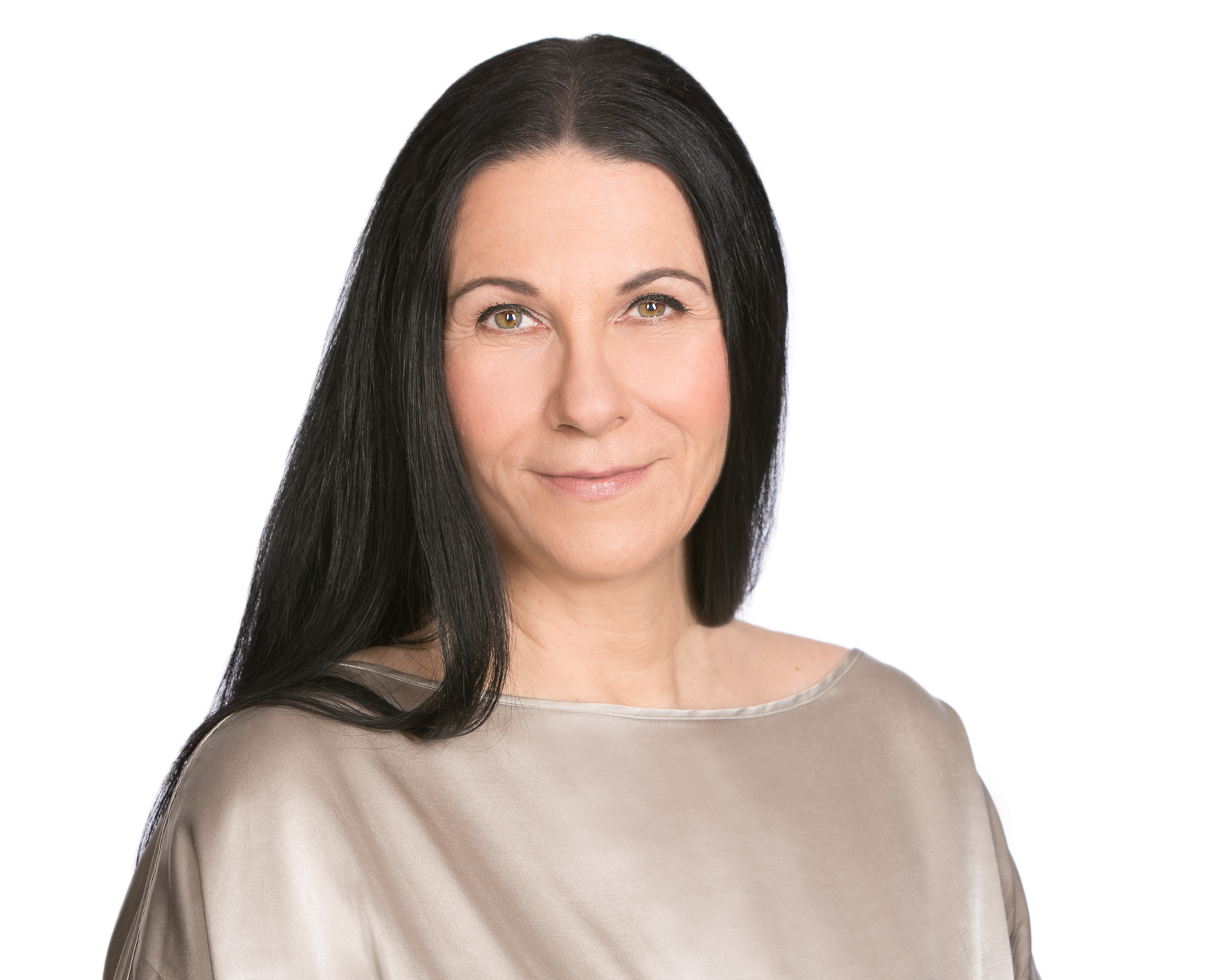Vitamin k – the missing link to menopausal health
Vitamin what? K?
Great question!
The letter “K” stands for “koagulation” which is the Danish spelling for “coagulation.” – vitamin K was first discovered in 1929 by Danish scientist Henrik Dam. Vitamin K is the vitamin that helps the blood to clot or coagulate. And that’s just the tip of the iceberg of what this amazing, under appreciated vitamin does for our bodies.
Vitamin K is one of the four fat-soluble vitamins: Vitamins A, D, E & K. This vitamin is essential to maintaining overall wellbeing, but it is most often associated with promoting heart health, bone density and oral health, as well as reducing cell mutations and infection rates.
VITAMIN K’S AMAZING FUNCTIONS:
- Blood clotting – as I mentioned earlier, the “K” stands for the vitamin’s ability to help clot our blood. And this is a critical life-saving measure to prevent blood loss from cuts and scrapes.
- Bone mineralization – vitamin K works hand-in-hand with calcium in the blood. While most of us turn straight to calcium to boost bone health, vitamin K is a far more potent solution in the long term. It helps to shuttle the calcium to our bones and teeth where we need it reducing the risk of osteoporosis and cavities.
- Improves insulin sensitivity – not only is vitamin K critical for making insulin, but also to keep your cells sensitive to it. This means that vitamin K can help you better regulate your blood sugar levels.
- Heart disease and blood clotting – by playing a key role in preventing calcification of the arteries, vitamin K helps reducing plaque, one of the primary causes of heart disease.
- Hormonal regulation – vitamin K can help regulate your sex hormones. In men, it helps maintain good levels of testosterone. In women with PCOS, it helps reducing the negative effects of too much estrogen.
- Cancer – studies have shown that people with a higher intake of vitamin K may be less likely to develop cancer. It is thought that this happens due to the vitamin’s ability to switch off cancer genes.
There are two main types of vitamin K: vitamin K1 and vitamin K2.
Vitamin K1, the most common form of this vitamin, is found in plant foods like leafy greens (kale, spinach, chard). Vitamin K2 is found in animal products (meat and dairy) and fermented foods like natto.
TOP 10 VITAMIN K RICH FOODS
Green leafy vegetables – kale, spinach, turnip greens, collards, Swiss chard, parsley, romaine.
Brussel sprouts
Cabbage
Broccoli
Cauliflower
Fermented dairy products
Dairy products – hard cheese, soft cheese, blue cheese
Natto – a traditional Japanese food made from fermented soy beans.
Green beans (cooked)
Beef liver, goose liver paste and pork liver
Since vitamin K is one of the four fat-soluble vitamins, it is best to eat it with a bit of fat. This helps to increase absorption from the food into your body.
VITAMIN K DOSAGE
The recommended adequate intake of vitamin K according to webMd is 90micrograms/day for women age 19 and up.
If you do want to supplement, make sure you follow the label directions. Some of the cautions include the fact that Vitamin K can interact with several types of medications, so make sure it’s right for you before taking it.
CONCLUSION
There are two types of vitamin K: Vitamin K1 and K2 are essential fat-soluble vitamins.
Vitamin K1 is found in green veggies, like cruciferous and leaves. K2 is found in egg yolks, meat, cheeses, and fermented foods.
They help our blood to clot, our bones to get strong, and regulate our sex hormones, just to name a few.
written by

LAURA PEISCHL, BA, INHC
Laura is a Certified Integrative Nutrition Health Coach, Holistic Menopause Health Specialist and Certified Hormone Health and Wellness Practitioner. She is the founder and owner of Feel Good Menopause™️


